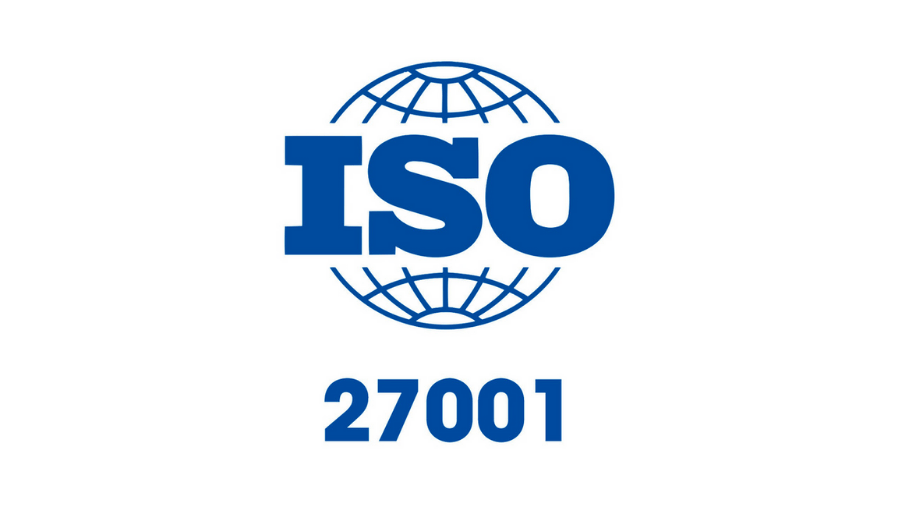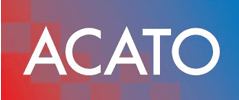Which IT Security Framework is Right for Your Business?
Why are cyber security frameworks important for your organisation?
With an increase in cyber attacks on small to large businesses and public facilities, organisations need to level up their ability to protect themselves against data loss and theft. Malicious actors often combine manipulation of data with demands for ransom that drive companies out of business. This is why a solid IT Security Framework is designed to empower organisations towards fending off those who want to cause harm.
Top cyber security frameworks to consider

Cyber Essentials
Cyber Essentials is a cyber security certification scheme helping organisations defend themselves against common cyber threats. The UK's National Cyber Security Centre (NCSC) designed the Cyber Essentials scheme. The certification requirements expect key controls to be properly implemented (e.g., securing internet connections, utilising firewalls, ensuring software is up to date).

ISO 27001
ISO 27001 is the internationally recognised standard for information security management systems (ISMS). Organisations must establish, implement, maintain, and continuously improve an ISMS. Only accredited certification bodies may conduct an ISO 27001 certification audit and issue such ISO 27001 certificate. Risk identification and appropriate security controls protect sensitive data. Regular assessments to review and update security measures are necessary.
Alternative cyber security frameworks
CIS Controls
CIS Controls are a prioritised set of actions designed to mitigate the most prevalent cyber threats. The Center for Internet Security wrote those guidelines so to distinguish good and bad participants in networks. These guidelines include essential measures. This is achieved by inventorying authorised and unauthorised devices. Continuous monitoring and secure configurations offer advanced defence tactics.
SOC2
The Service Organisation Control 2 framework evaluates controls regarding data security, availability, processing integrity, confidentiality, and privacy. The SOC2 audit examines the systems and processes to determine their compliance with the set criteria.
Which is the right cyber security framework for your organisation?
Depending on your organisations legal and contractual requirements you will need to pick your prefered cyber security framework. Some industries have to observe additional regulatory obligations. This may lead to the adoption of several Information security frameworks. Hence, compliance activities wil be influenced by business objectives, industry standards, and regulations. Every business needs to conduct a risk assessment. By understanding your organisation’s vulnerabilities you will be able to select the most fitting framework. All showcased frameworks expect you to proactively mitigate potential threats.
Role of cyber security frameworks in reducing cyber risks
Organisations are looking to reduce cyber risks by adopting cyber security frameworks. By offering structured guidelines staff can adopt security controls in their daily activities. All frameworks want you to safeguard your information systems. In order to protect society organisations are oblidged to lower the likelihood of risk events. This is why preventive controls need to be customized to the nature of the organisation. Risk management is a vital element of handling the risk of security breaches. As one needs to be constantly vigilant, monitoring helps identify unusual activitiy that could be an early sign of an attack building up. The technology and strategies used in cyber threats are constantly changinging. That is why it is necessary to improve the defenses at all times.
How to implement and maintain a cyber security framework
Once you have selected your framework, you will implement and maintain the necessary security measures. Simply copying a templated from an unrelated organisation will not improve your cyber security defenses. You have to be systematic in your approach towards adopting the selected framework. Your leadership needs to be fully committed to supporting the planning, execution, auditing, and ongoing enhancement of your security management systems. Investing in the testing of your defenses, allows you to spot your weaknesses and vulnerabilities befor malicious actors can start using them against you. Proactively improve your security efforts in accordance with cyber security standards. Governance structures and protocols ensure that cyber security is not faked but actually embraced by all your staff.
